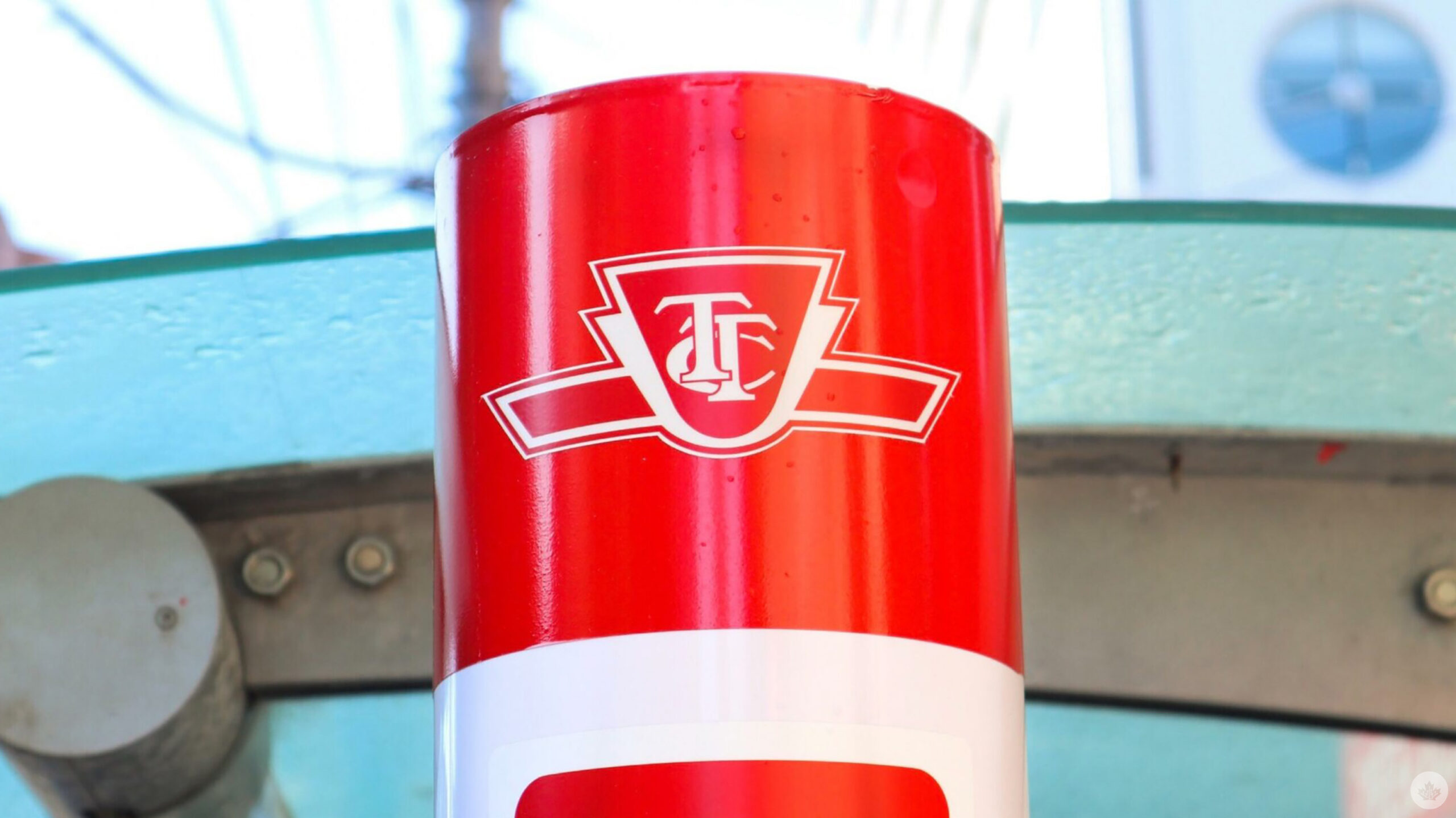
Rogers says it’s open to working with other providers, including Telus and Bell, to offer Toronto residents full cell coverage on the TTC.
The telecom giant has plans to acquire BAI’s Canadian venture in the next two weeks. BAI owns the rights to TTC’s wireless network and previously offered telecom companies the option to join the network. Freedom Mobile, previously owned under the once-independent Shaw, was the only carrier to sign on.
“We’re planning to initiate discussions with other providers to participate. As we build out the network, we will work with other providers to bring them on board,” a Rogers spokesperson told MobileSyrup.
Bell called the move “troubling,” saying the TTC simply replaced “one gatekeeper with another” without due process.
“Giving the contract to Rogers without any open bid process is surprising, especially given how TTC customers were so poorly served by BAI for so many years,” a Bell spokesperson told MobileSyrup. “The City needs to show some leadership and mandate immediate access for all carriers so that all TTC customers can be served by the carrier of their choice right away.”
Rogers has plans to bring its 5G network throughout the subway system in the next two years. Upgrades to its 3G and 4G system are also needed, and customers won’t be able to access services underground as soon as Rogers completes BAI’s acquisition. That will take around nine months, pending upgrades to the existing network.
Service is only available in 25 percent of the tunnels, specifically on line one, between Sheppard West and Vaughan Metropolitan Centre stations, and the “downtown U.”
“With regards to Freedom, the agreement with BAI remains in place, and Freedom customers will continue to have the same access they do today,” Rogers said.
Bryson Masse, regulatory and communications advisor at the Competitive Network Operators of Canada (CNOC), says Rogers’ role as one of the big three means it faces regulations from the CRTC and ISED, and it has different responsibilities compared to the BAI.
“The regulation on Rogers is a whole lot stronger than the regulation that covered BAI beforehand, and so that means these deals are going to come in at least some fashion,” Masse told MobileSyrup.
“There wasn’t a limit to how much BAI could charge the incumbents, and that was the major issue. Now since there’s the regulatory backstop…[I] imagine they’re going to be able to come to a deal.”
But Masse says it’s hard to ignore the long-term impact such an acquisition will have. While Masse agrees the move will “result in the network being way more usable,” it also impacts Canada’s competitive landscape.
“This underscores the need for regulatory intervention… to make sure that these giant companies just don’t buy up everybody.”
MobileSyrup may earn a commission from purchases made via our links, which helps fund the journalism we provide free on our website. These links do not influence our editorial content. Support us here.


